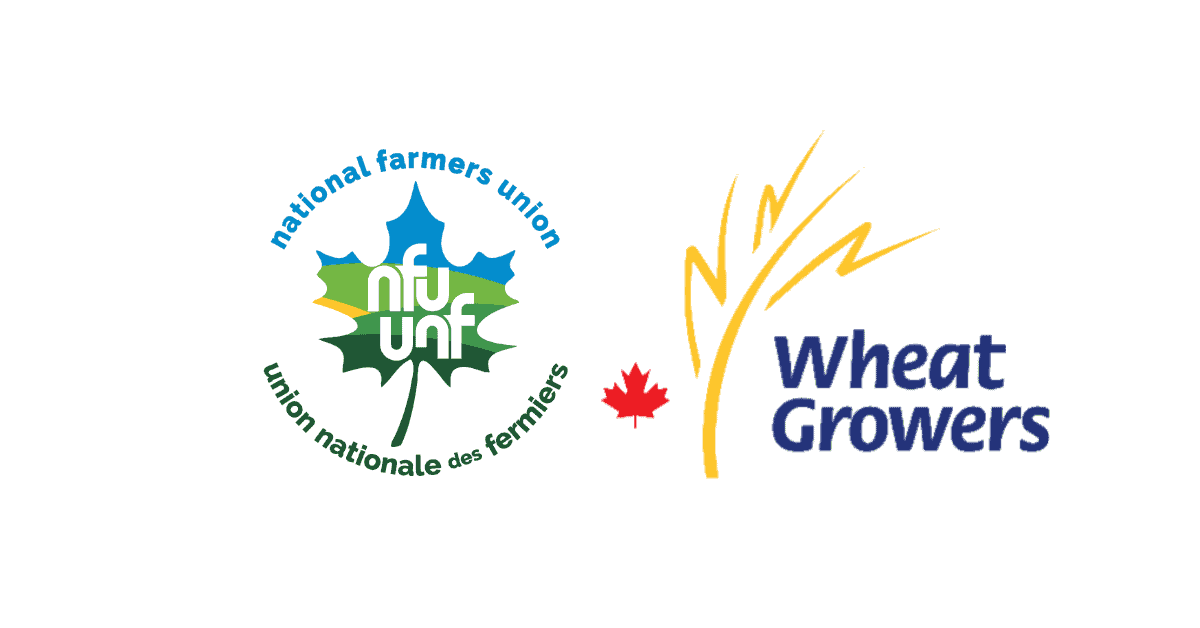
Grain Marketing and Transportation
Orderly marketing is the cornerstone of NFU policy. It includes control of the product into, through and out of the marketing system to meet immediate market demand; single desk selling; equality of delivery opportunity between producers; pooling of returns and costs among producers; and the elimination of manipulation, speculation and waste.
Grain marketing policies are needed to assure production, handling, storage, and transportation capacity to meet needs at home and abroad with prices that return to the producer the cost of production, including a reasonable return on investment, management and labour. The delivery system must assure each producer equality of opportunity in the market. The pricing system should not exploit the producer or consumer in times of large or small inventories.
The rail transportation system must be capable of providing necessary services in moving Canada’s grain crop to domestic and export positions at the least possible cost. Rail transportation must be regulated to prevent excess freight costs being charged to farmers, and to ensure timely and fair service to farmers, wherever they are located.
The NFU supports maintaining Canada’s high quality standards for grain, as opposed to a high volume, low price approach. We support the grain grading system with merit-based criteria that identifies and maintains the quality of Canadian grain, and call for fully funding the Canadian Grain Commission and its continued mandate to, in the interests of the grain producers, establish and maintain standards of quality for Canadian grain and regulate grain handling in Canada, to ensure a dependable commodity for domestic and export markets. We also support extending the Canadian Grain Commission’s operations to all of Canada.
NFU policy calls for the reinstatement of single desk marketing for wheat and barley, and its extension to include all grain products and oilseed, with jurisdiction over imports, exports and domestic marketing. The NFU promotes the establishment, under federal legislation, of a Canadian Grains Board that has similar powers to the former CWB and be democratically controlled by farmer elected directors.
The NFU supports keeping the producer car option viable as a necessary check on the oligopoly power of grain companies and railways by providing farmers with access to rail transportation and a statutory alternative to delivering to grain elevators. We promote the creation of an independent receiver under the CGC’s authority to operate at all ports to receive and take possession of producer car contents to market and allocate to grain companies to the best advantage of producers.






